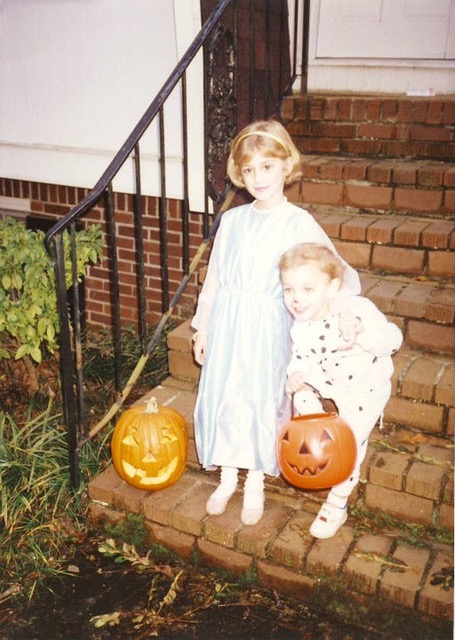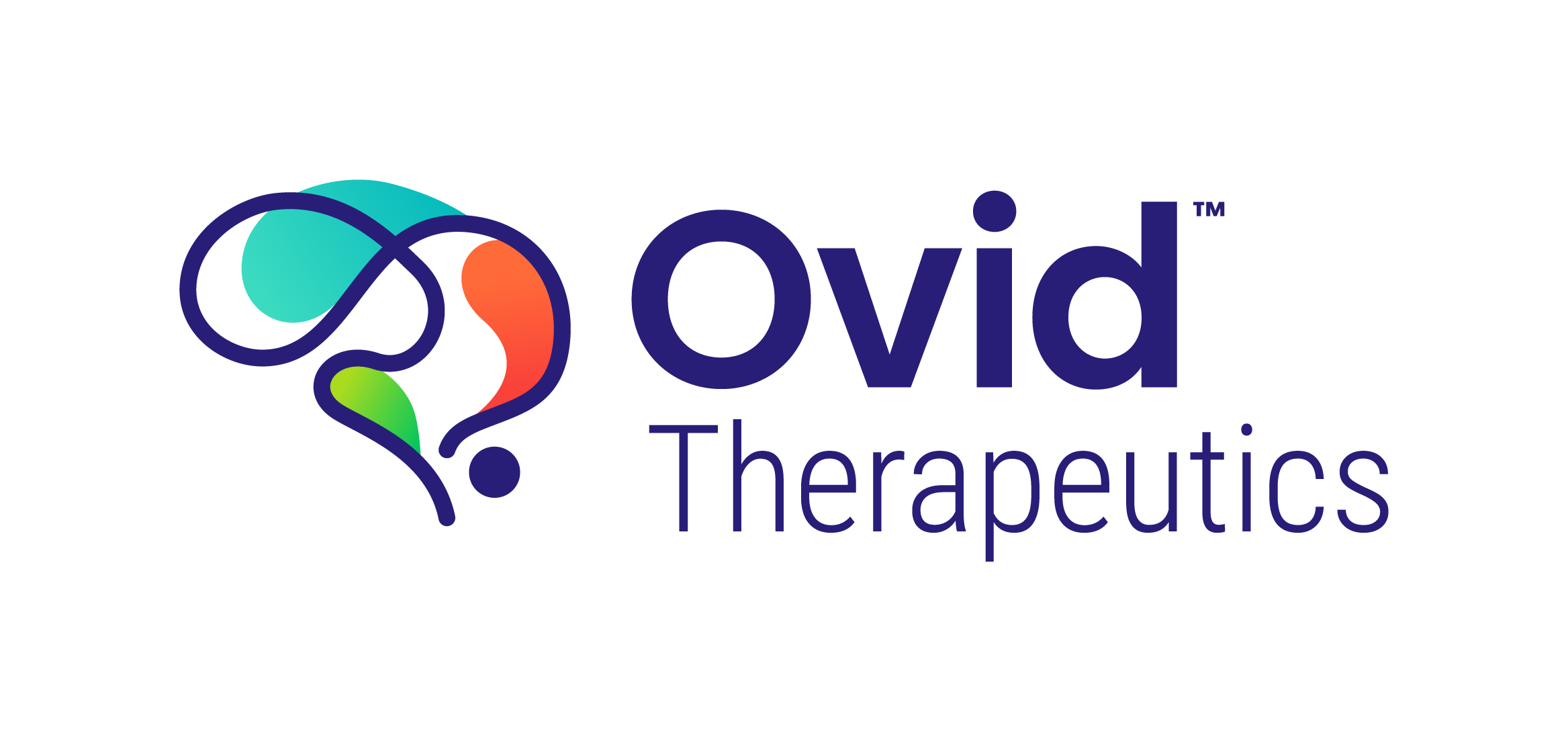When I was 5 years old, I became a big sister. I was so excited and made everyone call me “little mama.” I was going to take such good care of this baby who had come into my life. But by age 2, my parents noticed my little brother was not hitting his developmental milestones. By age 3, we were off to Denver, Colorado to see a specialist.
Five years later, my little brother was diagnosed with Fragile X syndrome, the leading genetic cause of autism and intellectual disability. My mother and I were both diagnosed as carriers.
When we returned home, my mom sat me down in a big, multi-colored armchair situated in the corner of our living room. She explained how my brother was different, and how his life would be different than mine. Then she explained my life would be different too. Not only was I now the big sister of a particularly special little boy, but I also carried the Fragile X mutation that could affect my life and my children. They would have a 50/50 chance of inheriting this mutation.

“But don’t worry, there are ways for you to have children who won’t carry the mutation. And science is changing every day. Doctors are learning new ways for carriers to have babies who won’t be affected.”
I distinctly remember replying, “I want a ‘Fragile X baby’ like you, Mommy!” You see, my brother was, and is, perfect. We would not change him for all the world. But as I’ve grown, I understand better my mom’s side of that conversation.
I was married in 2015. My husband and I have discussed children at length. As I approach the precipice of parenthood, I know there must have been some amount of guilt my mom felt as she learned the Fragile X mutation came from her, and also caused me to be a carrier. I know this because it is difficult for me to imagine having children, knowing they may have a disability because of my carrier status. It is a responsibility I don’t believe anyone can truly be ready for. So, for my mom to learn this after my brother and I were born, I can only imagine the grief and guilt she felt and the period of loss she went through.
But it was never her “fault.” My brother and I never felt any “loss.” Both my parents exceeded all expectations anyone could have had for a young couple having a child with a disability.
There are four choices laid before my husband and me. The first is rolling the dice and having a baby naturally.
The second is expensive and difficult: doing in vitro fertilization (IVF). We can do genetic testing on the fertilized eggs before re-implantation, to help ensure those carrying the Fragile X mutation are not implanted, or we can use a donor egg. Using a donor egg may seem like an easy choice, but many women who want to be moms dream of seeing themselves in their children.
The third option is adoption. Unfortunately, Fragile X carriers are prone to mental health issues (depression, anxiety, and mood disorders) as well as autoimmune disorders. I have both. My concern is the system would not be on my side to adopt, though it is an issue close to both our hearts.
The fourth is not to have children at all. This is where we are now. Sometimes we waffle back and forth. I’ve always wanted to be a mom. I try to get my baby fix from friends or family with little ones, but then come home in tears because I want children. My husband will smile and say, “I’m game.” Then he’ll let me talk. I’ll list all the pros and cons and land somewhere in between all these options – undecided, but temporarily on the fourth.
I wish there was more support for carriers, and more widespread education for those needing specialized care. I don’t know where to begin to find financial support to simply try to start a family. Whether in vitro or adoption — our two best options — it will be incredibly expensive and a long, difficult process. Fortunately, when we were diagnosed as carriers, my mom was informed of the high risk of depression and anxiety for carriers. It wasn’t until I was an adult and going through my own diagnostic process that we learned mood disorders are also frequently diagnosed in carriers. It also wasn’t until I was diagnosed with an autoimmune disease that I found out they are common in carriers. As an adult, I have learned that carriers can see specialists, but I would have to travel hours to reach one, and my insurance wouldn’t cover the cost.
Carriers have many needs that go unmet until health challenges are thrust upon them, but having children is one that was present at the start. I remember that 8-year-old that was up for anything, as long as that anything looked like her perfect little brother. If I could guarantee a child just like my little brother, I’d be so game. But my brother, like all of us, is one of a kind. While I don’t know what the future may bring, my parents have taught me there are many ways to become a parent, and many ways to be one.


